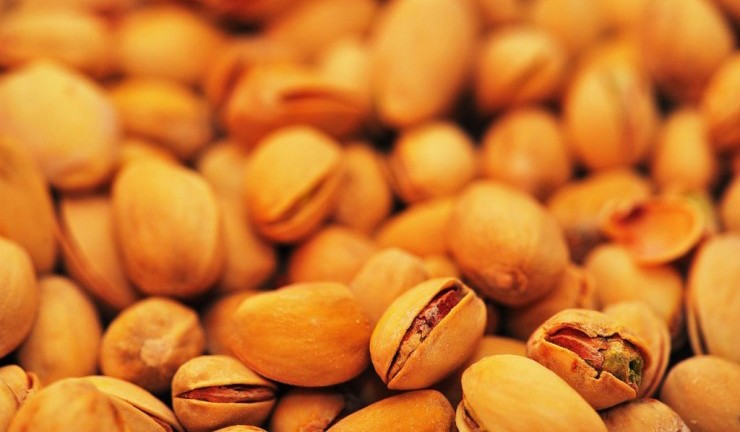Is There Sanctions Liability Lurking in the Dubai Airport?

Margaret Ververis, the Senior Associate at Ferrari & Associates, recently returned from trip to Dubai and was nice enough to bring us chocolates with pistachios mixed in. However, it was not entirely clear from the packaging where the pistachios originated. While the UAE does produce some pistachios of its own, the Iranian pistachio industry is far larger and better known. It would not be surprising if these sweets did indeed incorporate Iranian-origin nuts. So did Margaret commit a sanctions violation in brining us a chocolaty respite from our daily slog?
Thankfully no. Even if the pistachios in question were in fact of Iranian provenance, the Iranian Transactions and Sanctions Regulations (“ITSR”) has her covered.
First, Margaret’s gift, while greatly appreciated, was not particularly extravagant. It certainly cost less than $100. Under 31 C.F.R. § 560.506
The importation into the United States of Iranian-origin goods from Iran or a third country, and the exportation from the United States to Iran of goods, are authorized for goods sent as gifts to persons provided that the value of each gift is not more than $100.
560.506 does restrict for controlled goods, but since they were not nuclear or exploding pistachios, there’s nothing to worry about.
But say Margaret did bring us a crate of chocolates. Importation of Iranian-origin goods is prohibited pursuant to § 560.201. However, OFAC provides an interpretation at § 560.407, which reads
(a) Importation into the United States from third countries of goods containing Iranian-origin raw materials or components and transactions relating to such goods are not prohibited by §560.201 or §560.206 if those raw materials or components have been incorporated into manufactured products or substantially transformed in a third country by a person other than a United States person (emphasis added).
Therefore, importing UAE-manufactured chocolates, sold by an Emirati in the Dubai airport, into the United States would not be prohibited. It should be noted that this is the same principle that allows for imports into the United States of consumer goods produced in China that are made of plastics that are based on Iranian-origin petroleum exports.
So next time you are in Dubai, snack away. Though if you’re buying “Emirati Saffron” you might want to keep it under $100 just to be safe.
Be sure to check out Margaret’s work on the D.C. Federal Defense Attorney Blog.



